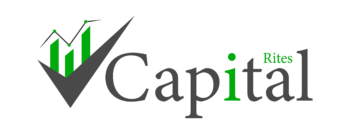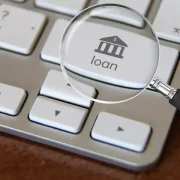To make the most of your finances, money management is essential. Money management serves as a roadmap to help you reach your financial goals. To navigate the road to better financial health, you need to spend your money wisely and carefully. Making the right decisions involves strategically handling your budgeting, spending, saving, investing, credit cards, and debt repayment. With proper management, you can control your expenditures and avoid unnecessary stress. Here are some practical tips to help you stay on track and maintain financial stability.
Establish a Budget Strategy
For effective money habits, create a comprehensive budget plan. Budgeting is a powerful tool that helps you save enough money for the things you want and need while still setting aside funds for your future financial goals. In your budget, include your monthly income, salary, bonuses, and tax refunds. Additionally, keep a record of your monthly expenses, such as housing, food, entertainment, transportation, and utilities. You can subtract these monthly expenses from your income to create a healthy and sustainable budget plan. Your budget is like a document in which you can make changes to add or eliminate some expenses if needed.
Simplify Finances with a Monthly Bills Payment Calculator
A monthly bill payment calculator is a great way to record all your monthly expenses and control extra expenditures. This tool helps your account for monthly bills, from utilities to shopping, ensuring you do not miss any payments. The calculator allows you to create a sheet to track all bill amounts and due dates, helping you manage cash flow and avoid late payments. It also assists in planning future expenses and monitoring any changes in your financial obligations. A monthly bill payment calculator provides quick calculations, records payment information, and offers confirmation for better financial management.
Prepare for Emergencies with Savings
Sometimes, unexpected incidents can occur, so it is important to create an emergency fund to help you manage such situations. Additionally, you should save funds for future goals, such as buying a new home, purchasing a car, or renovating your house. It is advisable to use a savings account with competitive interest rates for your savings. You can also deposit your tax refund or job bonus into your savings account. If direct deposit is an option, consider allocating a portion of your income to your savings account to ensure you have funds available for emergencies.
Debt Reduction and Control Techniques
It is important to manage your debts and pay them off for healthier finances. You can use various effective strategies for debt management. First, you can pay the minimum payments on your debts along with some extra money. This approach allows you to focus on debts with high interest rates, helping you save money in the long run. Second, you can list your debts from the highest to the lowest interest rates and prioritize paying off the highest-interest debts first. Another option is debt consolidation, which involves combining multiple debts into one account. This method can simplify your payments and help you achieve your financial goals.












Comments